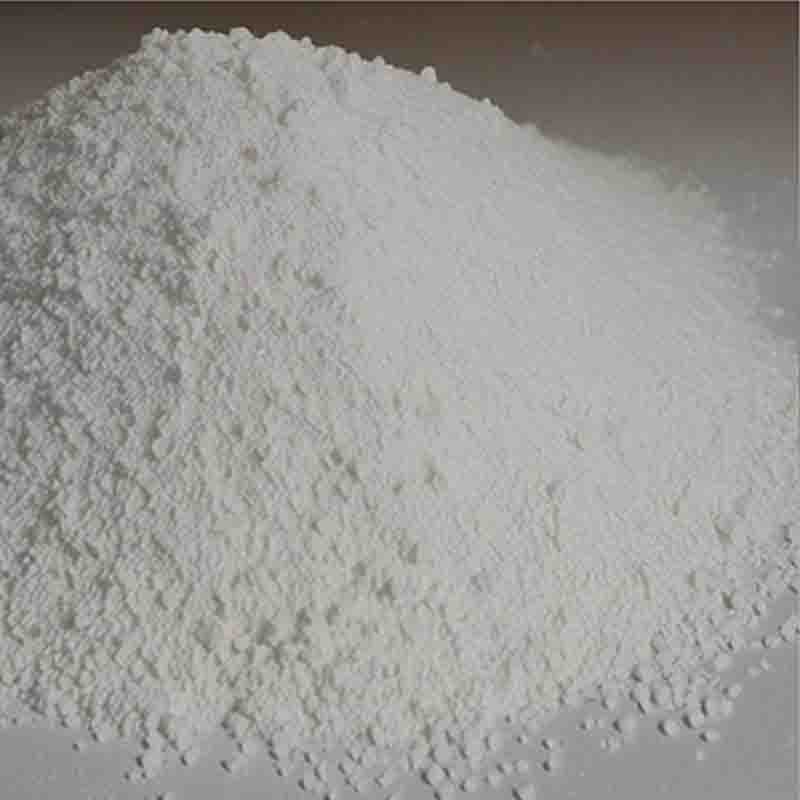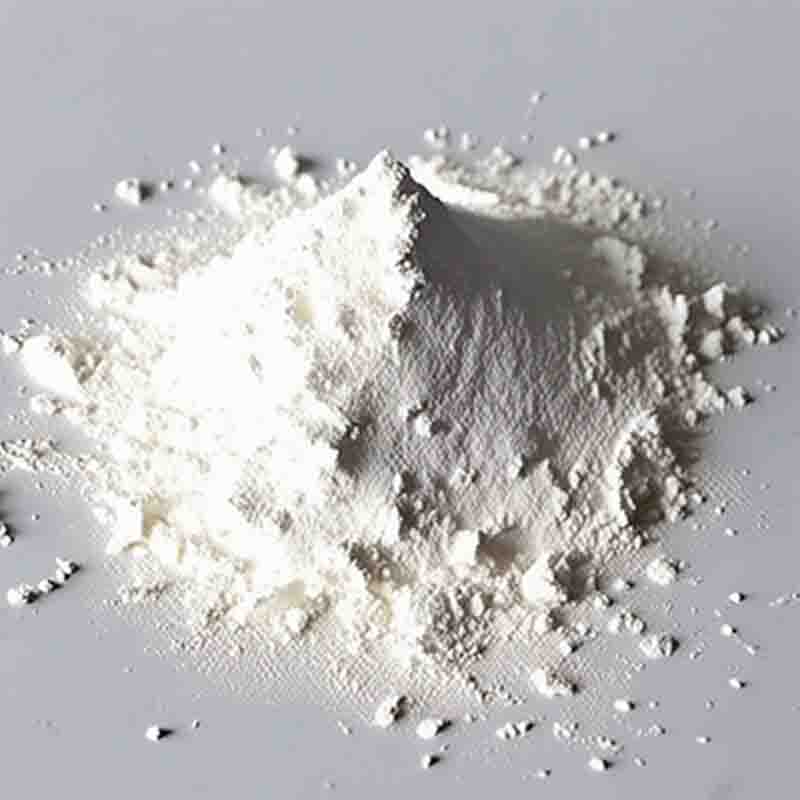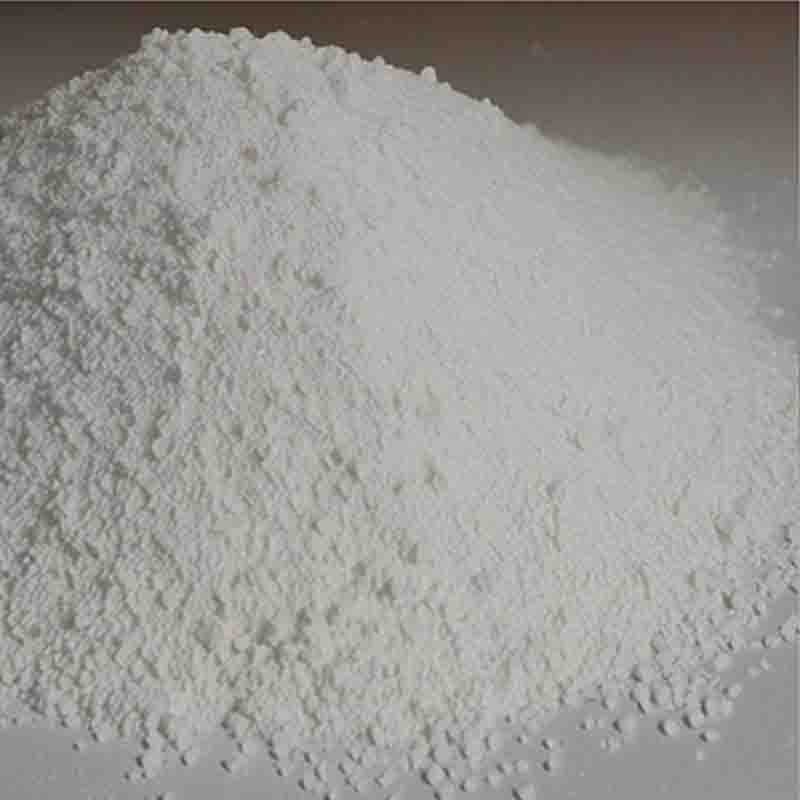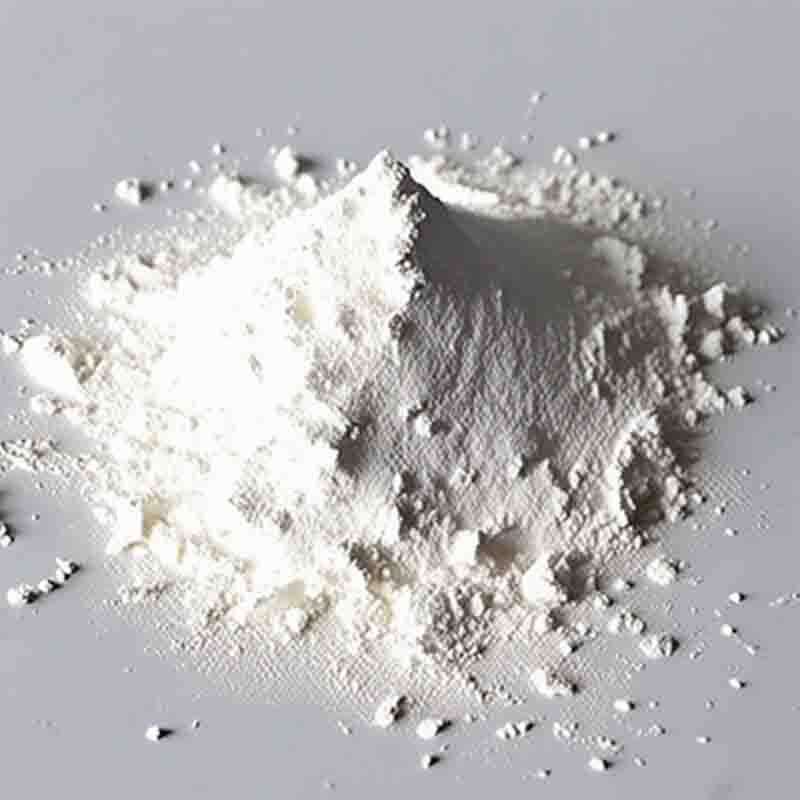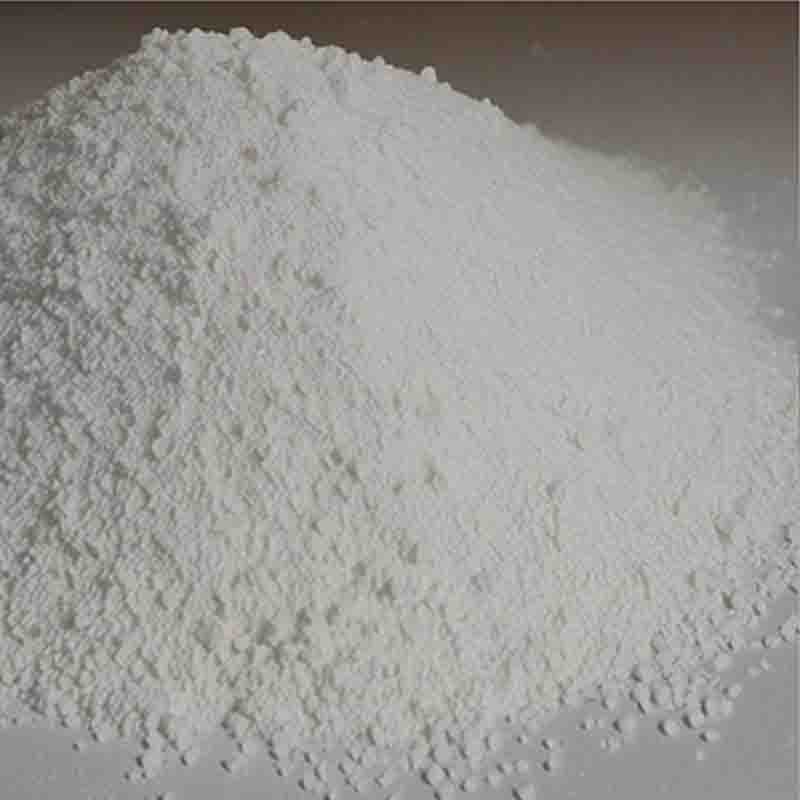L-(+)-Prolinol CAS:23356-96-9
| Catalog Number | XD95823 |
| Product Name | L-(+)-Prolinol |
| CAS | 23356-96-9 |
| Molecular Formula | C5H11NO |
| Molecular Weight | 101.15 |
| Storage Details | Ambient |
Product Specification
| Appearance | White powder |
| Assay | 99% min |
L-(+)-Prolinol, also known as 2-pyrrolidinemethanol, is a chiral compound that has gained attention due to its unique properties and potential applications. With its specific stereochemistry, L-(+)-Prolinol has shown to have significant effects in various fields, including pharmaceuticals, catalysis, and material science.In the pharmaceutical industry, L-(+)-Prolinol has been studied for its potential therapeutic applications. It is known to possess antioxidant and anti-inflammatory properties, which are crucial in the treatment of various diseases such as neurodegenerative disorders, cardiovascular diseases, and certain cancers. The compound has also displayed chiral recognition properties, making it useful in chiral separation techniques and enantioselective synthesis of pharmaceutical intermediates and drugs.L-(+)-Prolinol has also found application as a versatile catalyst in organic synthesis. It exhibits catalytic activity in numerous reactions, including aldol reactions, Mannich reactions, and asymmetric transformations. Its ability to form complexes with metal salts or Lewis acids enables it to facilitate these reactions with high enantioselectivity and efficiency. This catalytic activity has streamlined the synthesis of complex molecules and drugs, making L-(+)-Prolinol a valuable tool for organic chemists.In material science, L-(+)-Prolinol has shown promise as a building block for the synthesis of novel polymers and materials. It can be incorporated into polymer chains via polymerization reactions, contributing to the development of functional materials with desired properties, such as mechanical strength, thermal stability, and conductivity. These tailor-made materials have potential applications in electronics, coatings, and nanotechnology.Furthermore, L-(+)-Prolinol has been investigated for its potential application in asymmetric organocatalysis. Its ability to act as an effective primary amine catalyst has led to the development of new synthetic methodologies and the synthesis of biologically active molecules in an enantioselective manner. This has opened up new avenues for the production of pharmaceuticals and fine chemicals.In summary, L-(+)-Prolinol exhibits a range of effects and applications in the fields of pharmaceuticals, catalysis, and material science. Its antioxidant and anti-inflammatory properties make it attractive for therapeutic applications, while its catalytic activity and chiral recognition properties have found utility in organic synthesis. Additionally, it contributes to the development of novel polymers and materials with tailored properties. The versatility and potential of L-(+)-Prolinol make it a valuable compound in advancing technology and scientific research.


